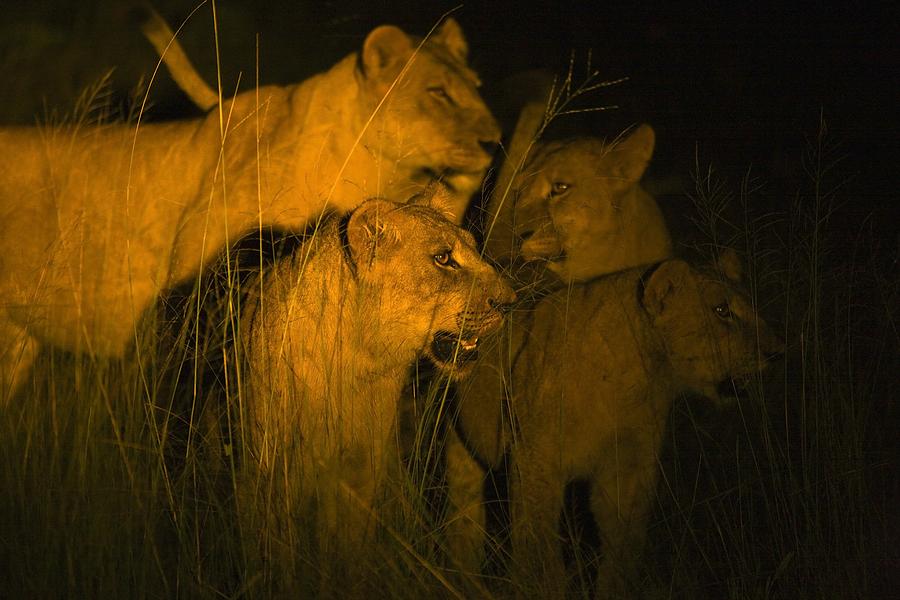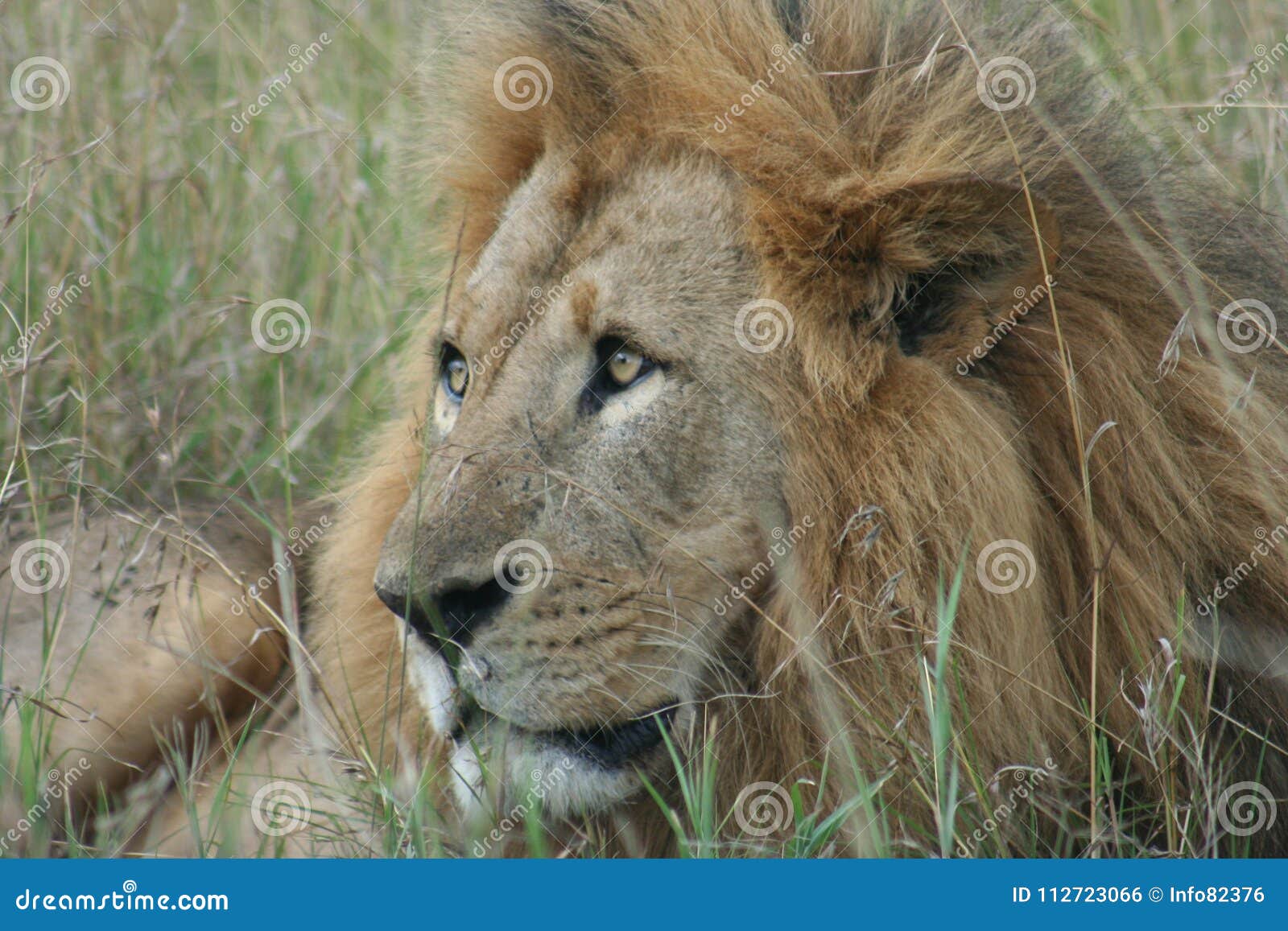

Sleeping normally takes place from morning to late afternoon just as the African sun has reached its highest intensity. Sleeping in groups, lions love to rub their heads and paws together, lick one another’s faces, groom each other and purr much like a couple of domestic cats would. Sleeping actually provides plenty of socialisation between lions. Why? Well, lions sleep for a variety of different reasons, including energy preservation, boredom, a lack of prey, and avoiding the heat.


See, lions are, in fact, primarily a nocturnal animal whereby they are more active during the night, after dusk when it’s significantly cooler.ĭuring the day, however, lions spend much of their time catching some zzz’s. In the jungle, the mighty jungle, the lion sleeps tonight… turns out the song we’ve been singing since forever isn’t entirely accurate. Of course, the human is a lion’s most feared predator and shelter may provide camouflage and protection. And of course, relief from those pesky biting insects, including tsetse flies. While the lion has very few natural predators, a shelter may provide relief from larger animals, such as elephants, buffalo and hyena. In most cases, when not avoiding the intense African heat, Lions will often laze about on the open plains. Another factor is proximity to a watering hole and hunting areas. They prefer to nap under large trees, or cool canopies, basically anywhere that is cool enough to escape the heat. To conserve energy and to stave off the blistering African heat, lions usually spend a large portion of their day resting. If there is more than one male lion in the pride, chances are they are likely to kill a newborn cub (this doesn’t sound like The Lion King to me). The lioness will seek isolated shelter not only to rest but to protect her young from male lions. When it’s time to give birth, the lioness will leave her pride and seek a private den preferably in dense grass, marshland or better yet, a cave. Let’s dive a little deeper into the lion’s decision-making process: Shelter for cubs In the wild, lions will seek specific kinds of shelter for specific purposes, whether it’s to give birth, escape the heat, and conserve energy or take refuge from predators.

That’s why it is vital that the lion rests to re-calibrate their body ready for the next fight for survival. In the wild, lions require extreme bouts of energy in order to survive, hunt for prey and protect their territories.ĭid you know a lion can run as fast a 50 mph and leap as high as 36 feet in the air? Lions have a notorious reputation for being chronic nappers and on the surface, this may seem true, however, they are in fact preserving energy. However, in captivity, a lion tends to sleep significantly more due to not having to hunt for prey. In other words, males sleep while females work. How much do lions sleep?ĭid you know male lions sleep up to 20 hours or more a day, while female lionesses only get 15 to 18 hours of shuteye? That’s because females do most of the hunting and taking care of their offspring while the males stay behind to protect their pride. In Africa, there are approximately 23 000 to 39 000 mature adult lions. Unfortunately, lions are currently listed as a “ vulnerable” species on the International Union for the Conservation of Nature (IUCN) Red List of Threatened Species, with the population trend decreasing. The Lion ( Panthera leo) is a species in the family Felidae and is the largest wild cat in Africa.


 0 kommentar(er)
0 kommentar(er)
